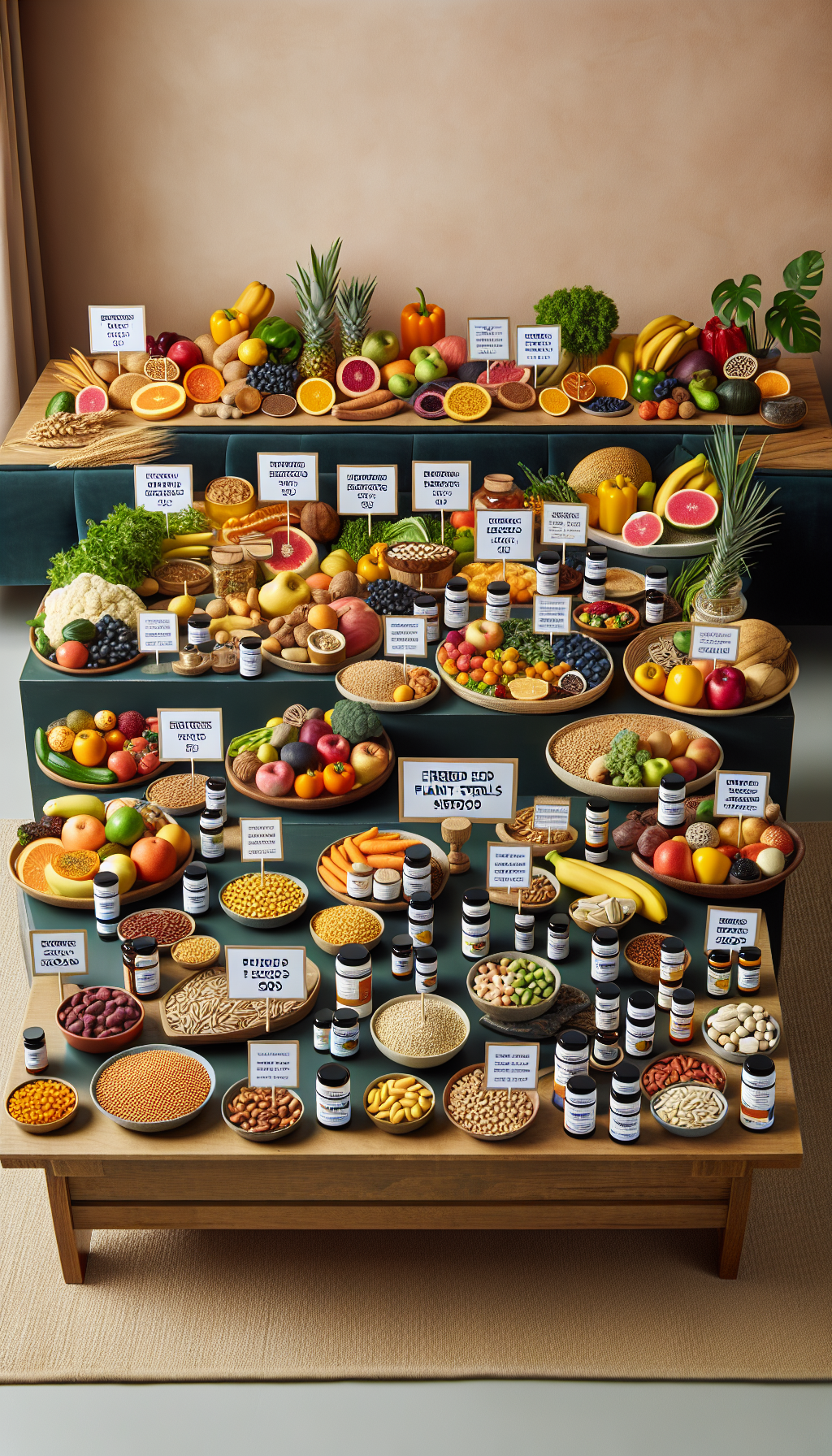In recent years, the conversation around heart health has intensified, with a growing emphasis on the role of diet in managing cardiovascular risk. Amidst this dialogue, plant sterols have emerged as a significant component of heart-healthy eating. This article delves into the cardiovascular benefits of plant sterol-enriched diets, exploring the science behind their impact on heart health and ways to integrate them into your daily regimen.
Understanding Plant Sterols
Plant sterols, also known as phytosterols, are naturally occurring substances found in the cell membranes of plants. Structurally similar to cholesterol, they are present in small quantities in many fruits, vegetables, nuts, seeds, cereals, legumes, and plant oils. When consumed, plant sterols compete with cholesterol for absorption in the digestive system, which can lead to lower cholesterol levels in the blood.
The Cholesterol Connection
Elevated low-density lipoprotein (LDL) cholesterol is a well-known risk factor for heart disease. Plant sterols can help lower LDL cholesterol by partially blocking the absorption of dietary cholesterol in the gut. This reduction in cholesterol absorption is then translated into a decrease in blood LDL cholesterol levels, which can help reduce the risk of heart attacks and strokes.
For a deeper understanding of the link between cholesterol and heart health, visit Cardiovascular Health.
Clinical Evidence
Numerous studies have supported the cholesterol-lowering effects of plant sterols. For instance, a meta-analysis published in the American Journal of Cardiology found that consuming 2 grams of plant sterols per day could reduce LDL cholesterol by 10%. This is a significant reduction, particularly for individuals at high risk for cardiovascular disease.
To access cutting-edge research on this topic, consider exploring resources like the National Lipid Association or the American Heart Association, which provide insights into the latest findings in cardiovascular health and prevention.
Incorporating Plant Sterols into Your Diet
The typical Western diet provides approximately 200-400 mg of plant sterols per day, which is below the amount needed to achieve a therapeutic effect on cholesterol levels. To reach the recommended intake of 2 grams per day, individuals can consume plant sterol-enriched foods or consider supplements.
Foods High in Plant Sterols
- Nuts and Seeds: Almonds, walnuts, and sunflower seeds are good natural sources of plant sterols.
- Vegetable Oils: Oils such as corn oil, sesame oil, and canola oil contain higher levels of plant sterols.
- Fortified Foods: Certain brands offer foods fortified with plant sterols, including margarines, orange juice, and yogurt.
Dietary Strategies
- Balance: Incorporate a variety of plant sterol-rich foods into your diet to ensure a balanced intake of nutrients.
- Consistency: Aim to consume plant sterol-enriched foods on a regular basis to maintain their cholesterol-lowering benefits.
For more on balancing your diet for heart health, read about Heart Healthy Strategies for Weight Management.
Beyond Cholesterol: Additional Cardiovascular Benefits
The benefits of plant sterols extend beyond cholesterol management. Emerging research suggests they may also help:
- Reduce Inflammation: Chronic inflammation is a contributor to atherosclerosis, the process by which plaques build up in the arteries. Plant sterols may have anti-inflammatory properties that help protect against this process.
- Improve Endothelial Function: The endothelium is the inner lining of blood vessels. Plant sterols may enhance its function, which is crucial for vascular health and blood pressure regulation.
- Antioxidant Effects: Plant sterols possess antioxidant properties that can combat oxidative stress, a factor implicated in the development of heart disease.
For a broader perspective on the role of diet in heart health, consider the connection between Understanding the Connection Between Sleep Apnea and Heart Health and cardiovascular wellness.
Safety and Considerations
While plant sterols are generally considered safe for most people, it’s essential to discuss their use with a healthcare provider, especially for those taking cholesterol-lowering medications or with a history of heart disease. Additionally, plant sterols are not a substitute for other heart-healthy practices such as regular exercise, smoking cessation, and maintaining a healthy weight.
For further insights into maintaining cardiovascular health through lifestyle, explore articles on Effective Stress Reduction Techniques for Heart Health.
Conclusion
Plant sterols offer a natural and effective way to reduce cholesterol and enhance overall heart health. By incorporating plant sterol-rich foods into a balanced diet and considering fortified products or supplements, individuals can take proactive steps toward cardiovascular wellness. As with any dietary change, it’s advisable to consult healthcare professionals to tailor these recommendations to individual health needs and conditions.
In the pursuit of a heart-healthy lifestyle, knowledge is power. Online resources like the Mayo Clinic or the National Institutes of Health provide invaluable information on nutrition and heart health for those looking to deepen their understanding and take control of their cardiovascular well-being.



